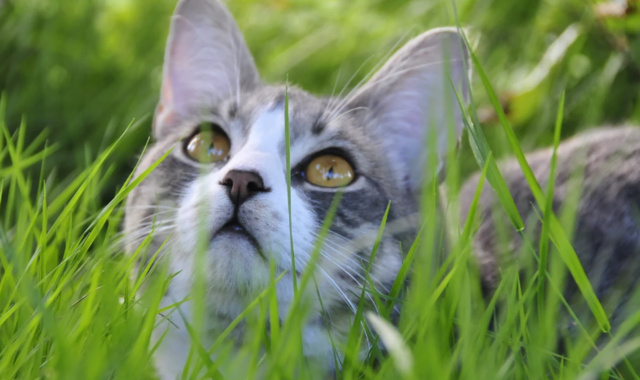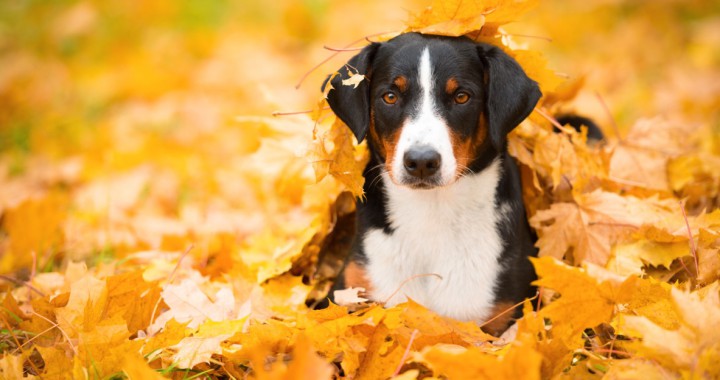Spring has sprung, and summer is right around the corner. As the warm sun welcomes you and your pet to spend more time outdoors, keep in mind it also invites the rapid multiplication of one of your pet’s most dangerous foes – the flea.
Fleas appreciate a dark, warm, dry home; what better place than deep down in your pet’s fur? Once one or two of the tiny brown parasitic insects hitch a ride on your four legged friend, an infestation is likely on its way. The flea’s ability to reproduce in mass within a short period of time makes them a menace to your pet, you and your family.
It’s well known that a flea’s bite causes itching and redness, but did you know they can also cause serious ailments? Some animals are allergic to flea bites – a condition known as Flea Allergy Dermatitis – and one bite sets off a horrible reaction of shedding, skin welts, infection and severe itching that can linger for weeks. And, if that weren’t bad enough, fleas can transmit other parasites, including tapeworms, to animals and people. Flea larvae feed on the eggs of tapeworms and, once swallowed, tapeworms begin to develop in the stomach of the flea. If your furry friend grooms himself and swallows an infected flea, it is likely he will suffer from tapeworms as well. And it’s not just Fido who can be affected; people, especially children, are susceptible to contract tapeworms if they swallow flea eggs after petting flea infested animals, particularly if they don’t wash their hands afterward. Ewww!
So, how can fleas be managed? The best plan of action is one of year-round prevention rather than repeated attempts of elimination. While fleas are most prevalent in warmer months – they thrive in temperatures above 65 degrees – they also enjoy the heat produced inside your home during the colder months. Be extremely vigilant about vacuuming your floors and furniture; treat your pets with external or oral flea medication recommended by your vet; wash your pet’s bedding in hot, soapy water regularly; bathe your pet periodically and use a flea comb to remove any of the pestering insects; and treat your yard with a pesticide or nematode (a natural, non-toxic defense against fleas).
How can you tell if your yard is infested with fleas? It’s easy – walk very slowly around your yard wearing white socks pulled up to your knees. Fleas will immediately be attracted to your skin secretions and will be easily visible as they jump onto your white socks. Be sure to linger in areas of your yard most frequented by your pet, such as his doghouse or favorite shrub, as those will be the areas most heavily infested.
Fleas can create a miserable, uncomfortable nuisance to both you and your pet. Just remember, an ounce of prevention is worth a pound of cure!


